Leestijd: 5 minuten
Bevrijd jezelf van stress met deze top 3 magnesium-hacks
Voor veel mensen is januari de minst populaire maand van het jaar. De stress van de feestdagen is weg, decemberlichtjes zijn uitgedoofd, de kerstboom gaat de deur uit en de lente is nog ver weg. De nasleep van de feestdagen kan stil en somber zijn. Toch ligt juist in januari de kracht van een frisse start verborgen. Zonde om die energie aan je voorbij te laten gaan… Hoe? Met magnesium!
Direct naar:
|
Magnesium: het antistress-mineraal
Magnesium wordt niet voor niets ‘het antistress-mineraal’ genoemd. Het is betrokken bij meer dan 300 biochemische reacties in je lichaam en heeft een bijzonder talent voor het helpen van ontspannen. Juist in de midden van een stressvolle periode kan voldoende magnesium een game-changer zijn.
 Wist je dat je magnesium niet meer voldoende uit je voeding kunt halen? Wist je dat je magnesium niet meer voldoende uit je voeding kunt halen?
<- Zie bron vermelding
Stress en magnesium
Stel je voor dat er een mineraal bestaat dat niet alleen de negatieve effecten van stress verzacht, maar tevens bijdraagt aan:
- De ontspanning van spieren
- De efficiënte vrijmaking van energie uit voeding
- De bevordering van gezonde tanden en botten
- De overdracht van zenuwprikkels en het optimale functioneren van spieren
- De versterking van de weerstand tegen spanning en stress
Dit doet het bijzondere mineraal magnesium allemaal. Het vertoont opmerkelijke eigenschappen in het reguleren van diverse biochemische processen, waardoor het lichaam veerkrachtig blijft functioneren, zelfs tijdens stressvolle periodes.
Symptomen van een magnesiumtekort
|
Magnesium: Het Supplement
Gezond eten brengt je ver, maar zelfs dan haal je nog niet je dagelijkse aanbevolen hoeveelheid. Als stress dan ook nog een rol speelt, is het slim om hulp in te schakelen. Bijvoorbeeld in de vorm van een supplement.
Wil je een supplement gebruiken? Kies dan voor de beste opneembare organische vormen zoals:
-
Bisglycinaat: Goed voor de hersenfunctie.
-
Citraat en Malaat: Ondersteunen de spierfunctie.
-
Tauraat: Draagt bij aan geestelijke veerkracht en energie.
-
Gluconaat: Voor optimale werking van spieren, botten en hersenen.
Bij Goldea Health hebben we deze vijf magnesiumhelden samengebracht in één krachtig supplement. Elke vorm heeft zijn eigen specifieke toepassingen: | 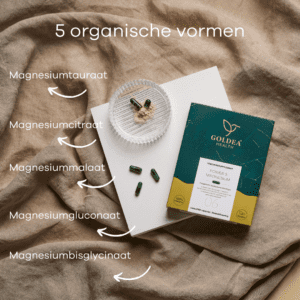 |
Onze top 3 supplementen bij stress:
1: #06 Power 5 Magnesium, is een natuurlijke formule van vijf organische verbindingen die samenwerken voor optimale functie van spieren, botten en hersenen.
2: #15 Ashwagandha Complex: Gericht op stressvermindering en het bevorderen van algemeen welzijn.
3: Winterpack: Een uitgebalanceerd pakket om je immuunsysteem te ondersteunen en stress tijdens de wintermaanden te verminderen.
Hulp nodig? Geen probleem: Vraag bij ons gratis en persoonlijk advies aan of neem contact met ons op. Ons team helpt je graag!
Veel gestelde vragen:
|
Ja, magnesium speelt een essentiële rol bij het reguleren van stressreacties in het lichaam en kan helpen bij het verminderen van stress. | Absoluut, een tekort aan magnesium kan de gevoeligheid voor stress vergroten en het stressniveau verhogen. | Symptomen zoals prikkelbaarheid, spierkrampen en verminderde weerstand kunnen voortkomen uit zowel magnesiumtekort als stress. | Stress kan leiden tot een verhoogde uitscheiding van magnesium, waardoor het lichaam meer magnesium verbruikt dan normaal. | Naast voedingsbronnen kunnen magnesiumsupplementen bijdragen aan stressmanagement. Lees hier welke vormen je wel wilt nemen en welke je beter kan vermijden. |
Samenvatting:
Het is duidelijk dat magnesium meer is dan slechts een mineraal; het speelt een cruciale rol in talloze biochemische processen. Het bewust nastreven van een gezonde magnesiumbalans is essentieel om symptomen zoals stressgevoeligheid, spierkrampen en verminderde weerstand te voorkomen.
Voeding, samen met supplementen of stressmanagement, een gebalanceerde levensstijl, is de sleutel tot voldoende magnesium voor je lichaam en magnesiumreserves.
Heb jij nog vragen?
Heb jij nog vragen naar aanleiding van deze blog of wil jij graag persoonlijk advies ontvangen voor meer energie? Vraag ons gratis en persoonlijk advies aan of neem contact met ons op. Ons team helpt je graag!
Meer inspiratie nodig? Bezoek onze Instagram pagina of check onze andere recepten, blogs voor meer gezonde en lekkere ideeën.
Bronnen:
-
Bron 1: Davis, D. R., Epp, M. D., & Riordan, H. D. (2004). Changes in USDA food composition data for 43 garden crops, 1950 to 1999. Journal of the American College of Nutrition, 23(6), 669-682.
-
Opmerking: Deze studie onderzoekt de veranderingen in voedingswaarde van 43 tuinbouwgewassen over een periode van 50 jaar.
- Bron 2: Brevik, E. C., & Sauer, T. J. (2015). The role of soils in supplying nutrition to plants: A review. Plant and Soil, 396(1-2), 1-26.
-
Opmerking: De studie bespreekt de relatie tussen bodemgezondheid en voedingsstoffen in planten.
-
Bron 3: Groff, J. L., & Gropper, S. S. (1999). Advanced nutrition and human metabolism. Wadsworth Cengage Learning.
-
Opmerking: Dit boek bespreekt de rol van voedingssupplementen als aanvulling op voeding, wat soms nodig kan zijn als voedselbronnen minder voedingsstoffen bevatten.
|




 Wist je dat je magnesium niet meer voldoende uit je voeding kunt halen?
Wist je dat je magnesium niet meer voldoende uit je voeding kunt halen?

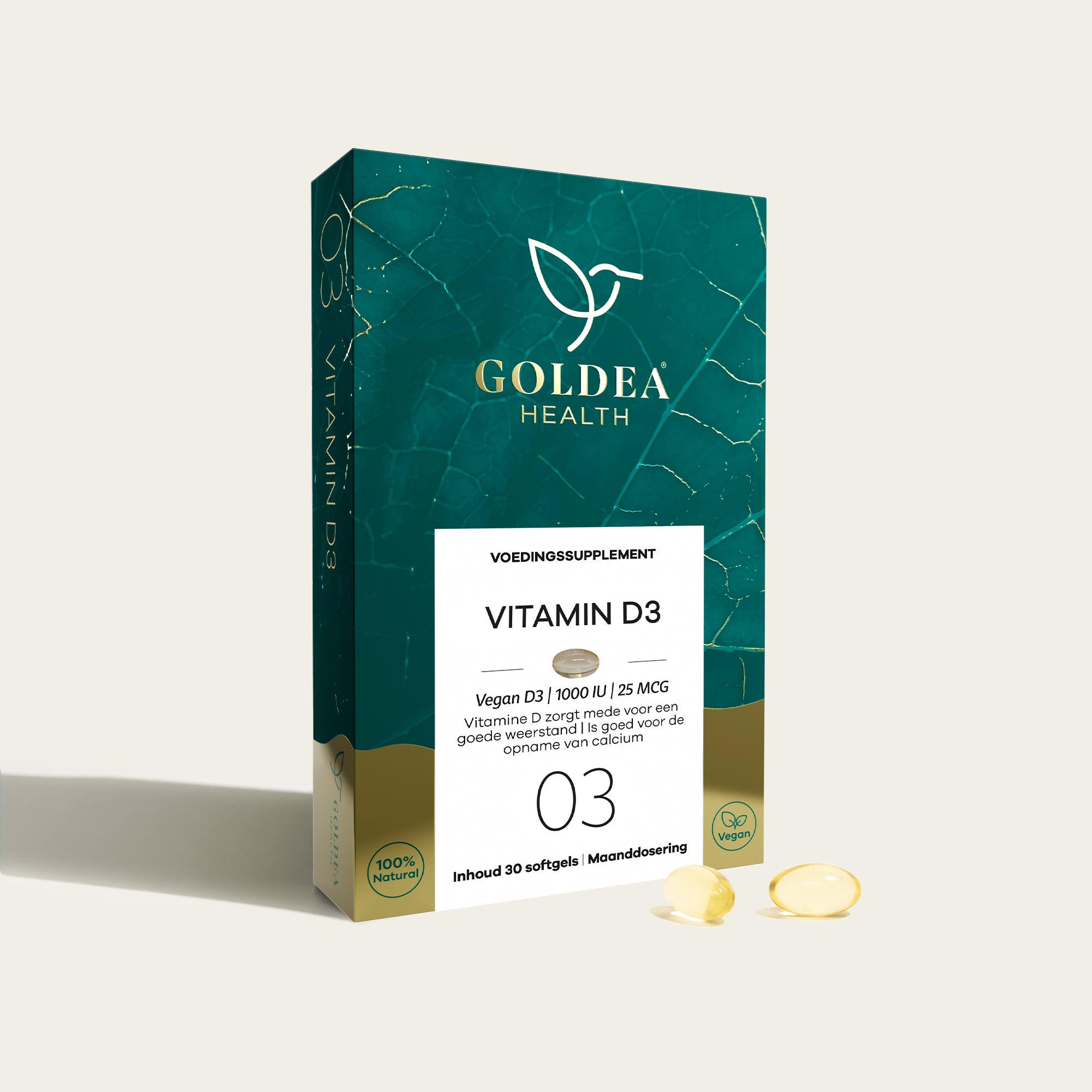
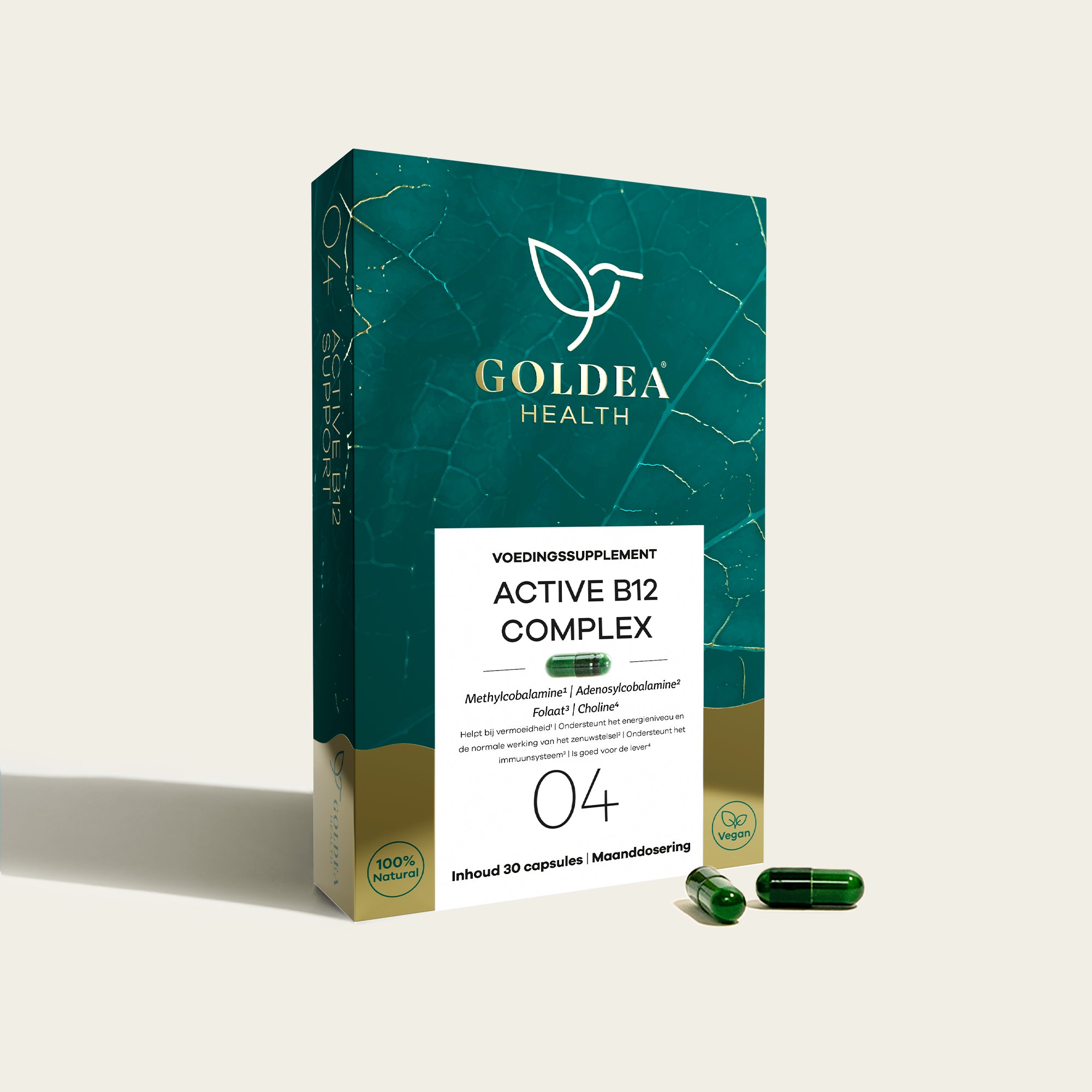
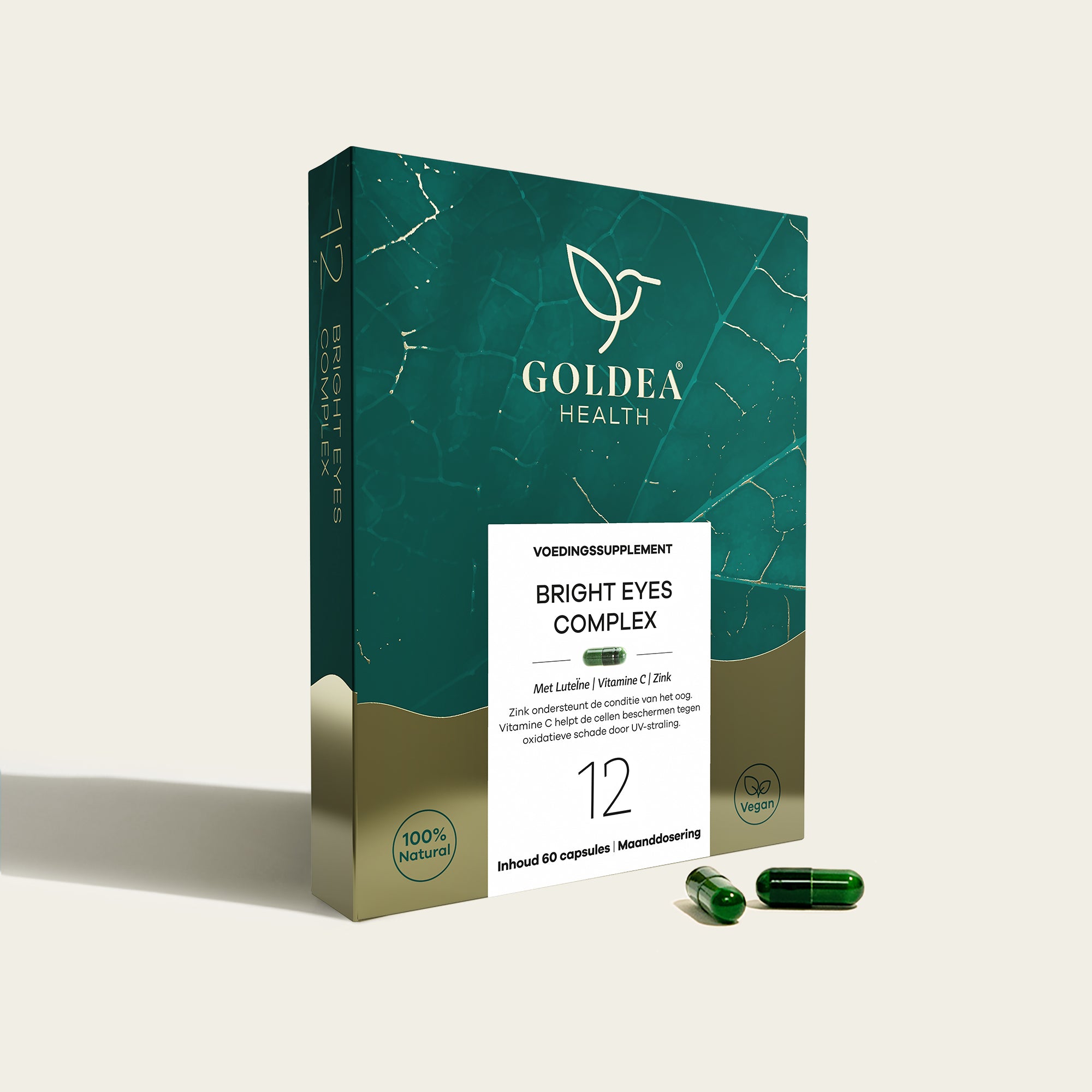
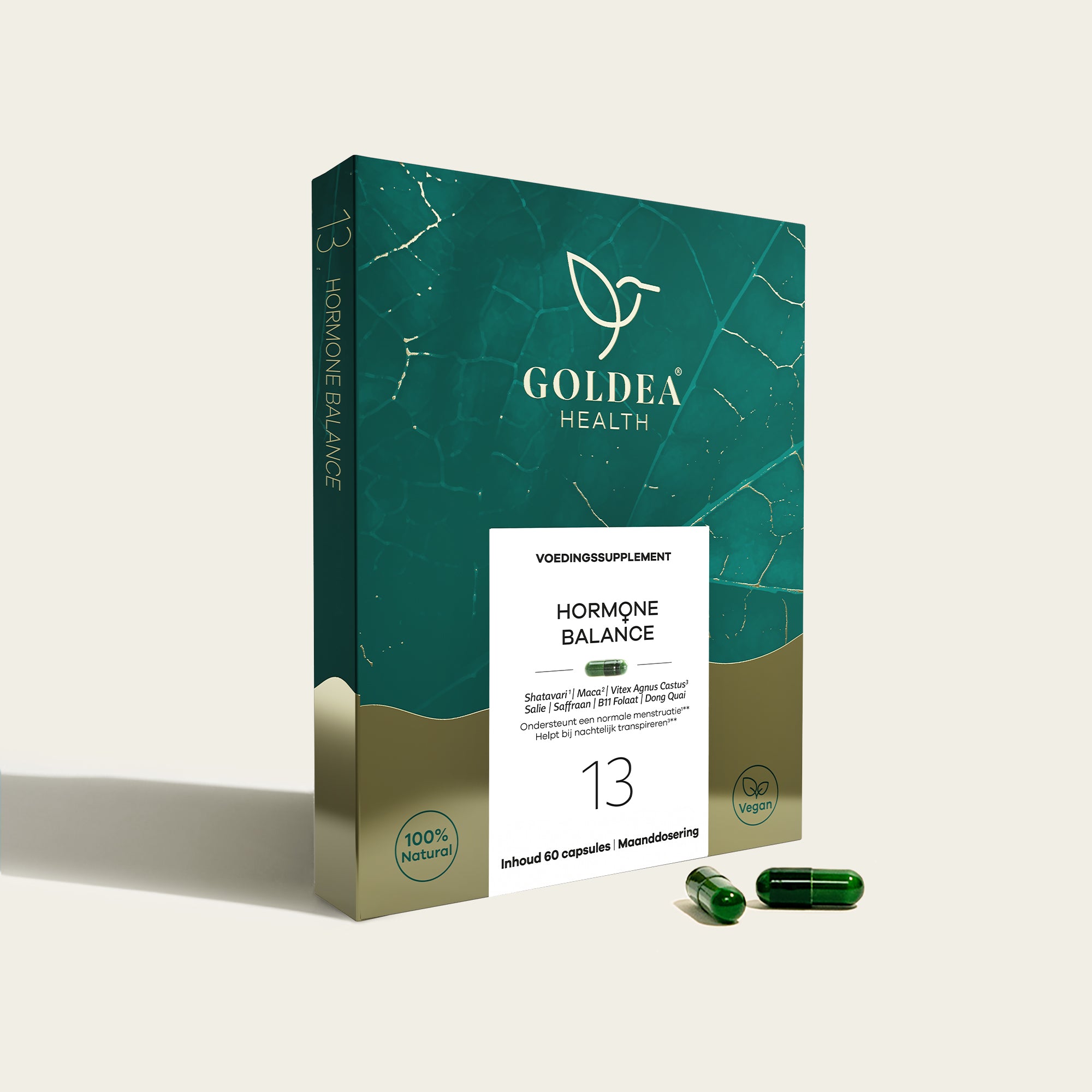
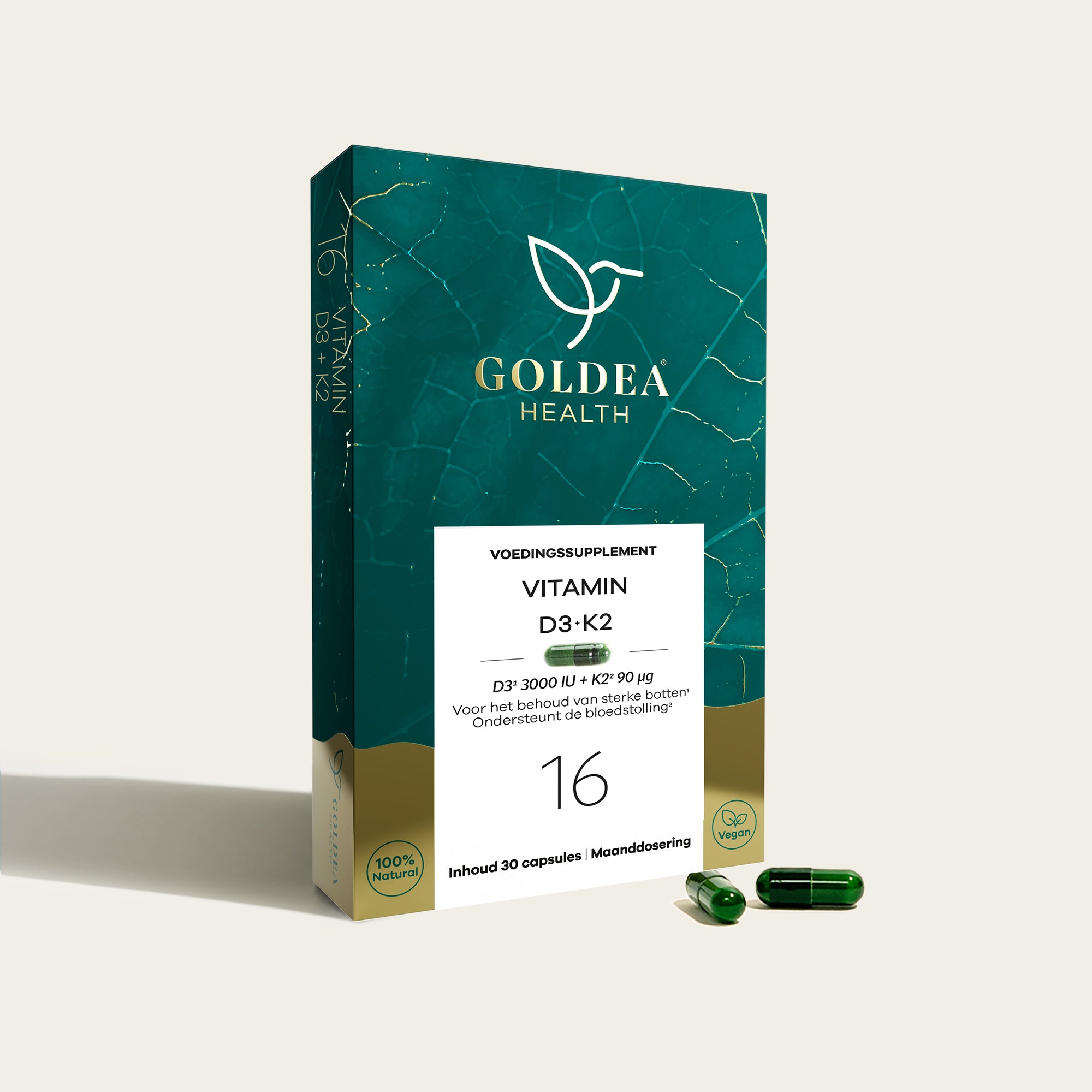
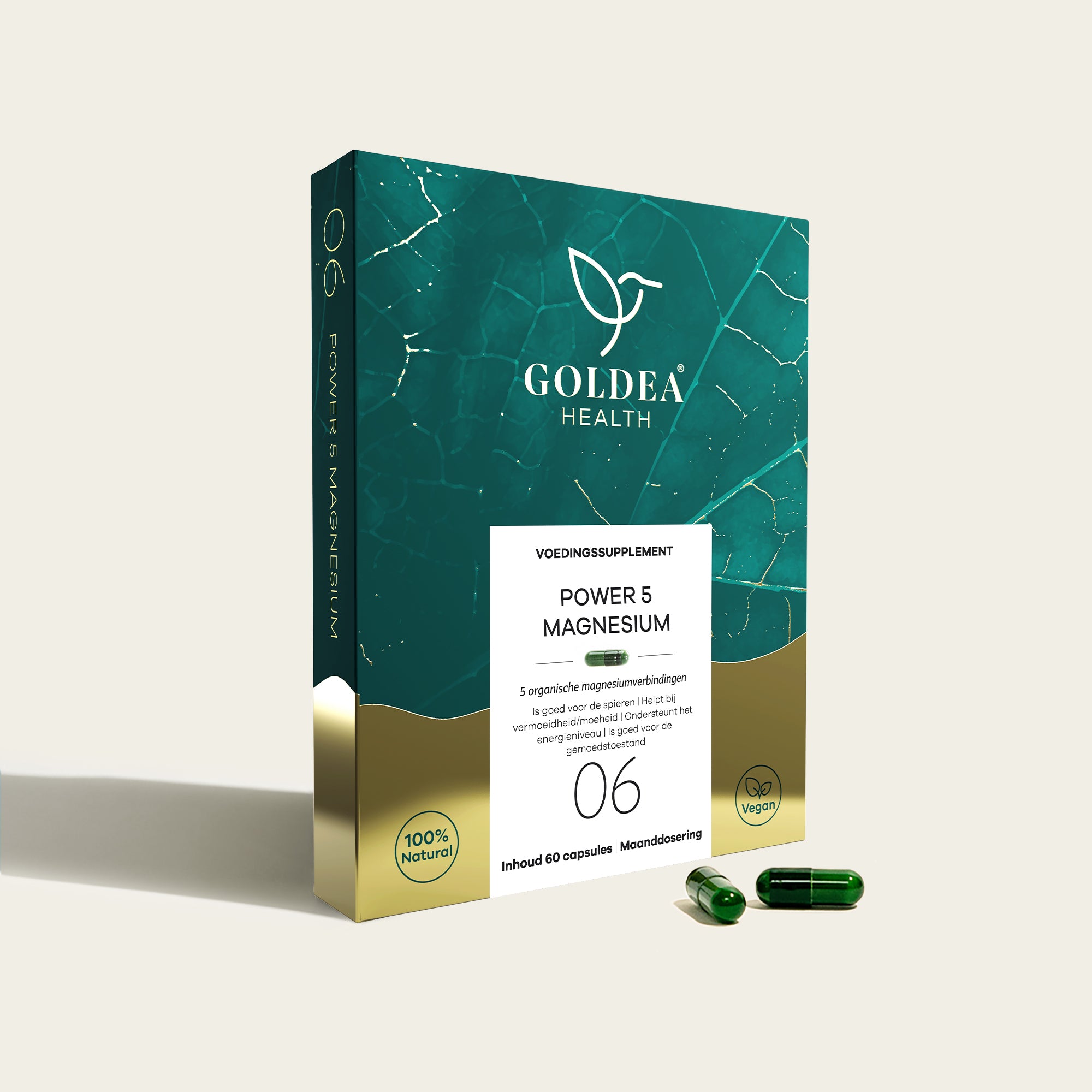
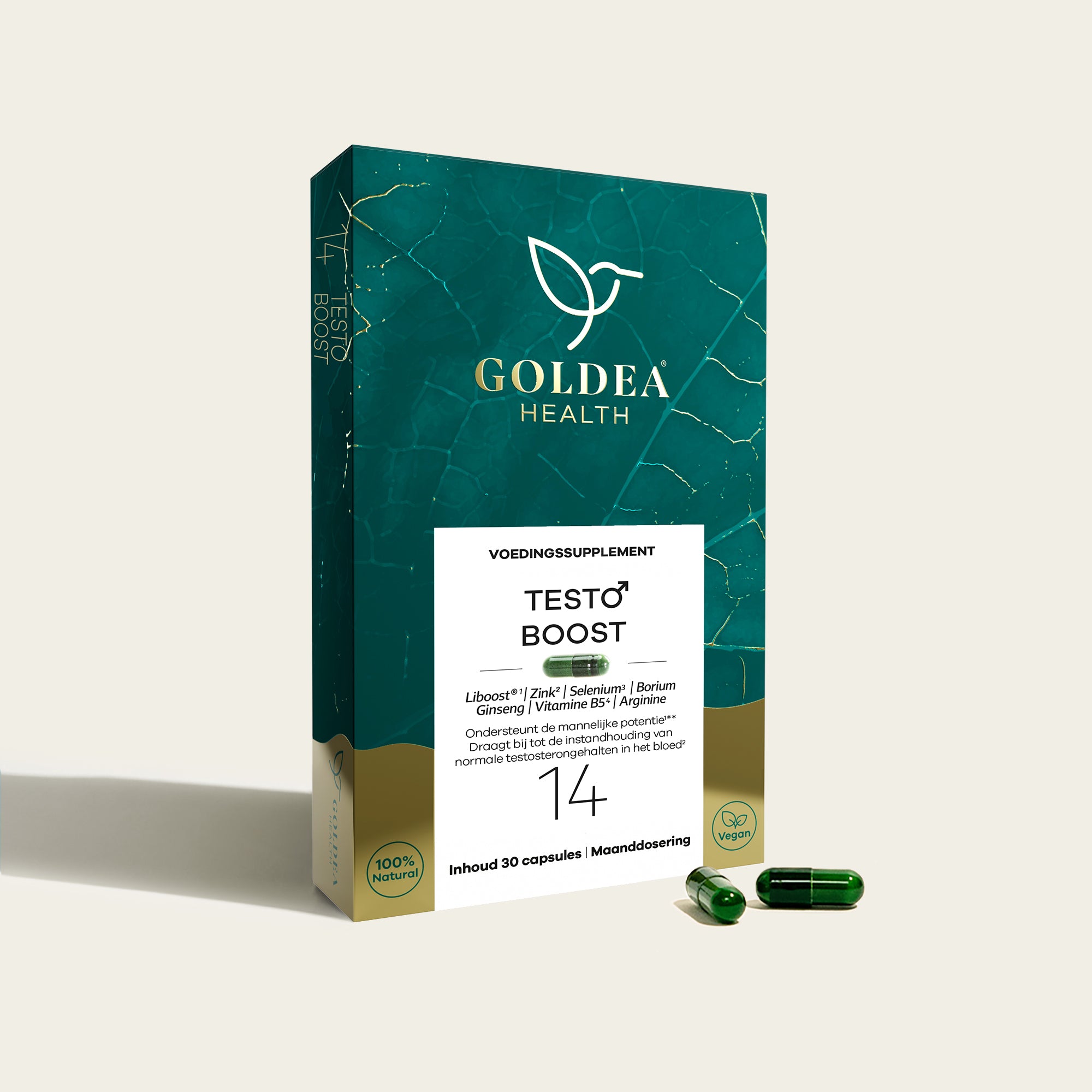

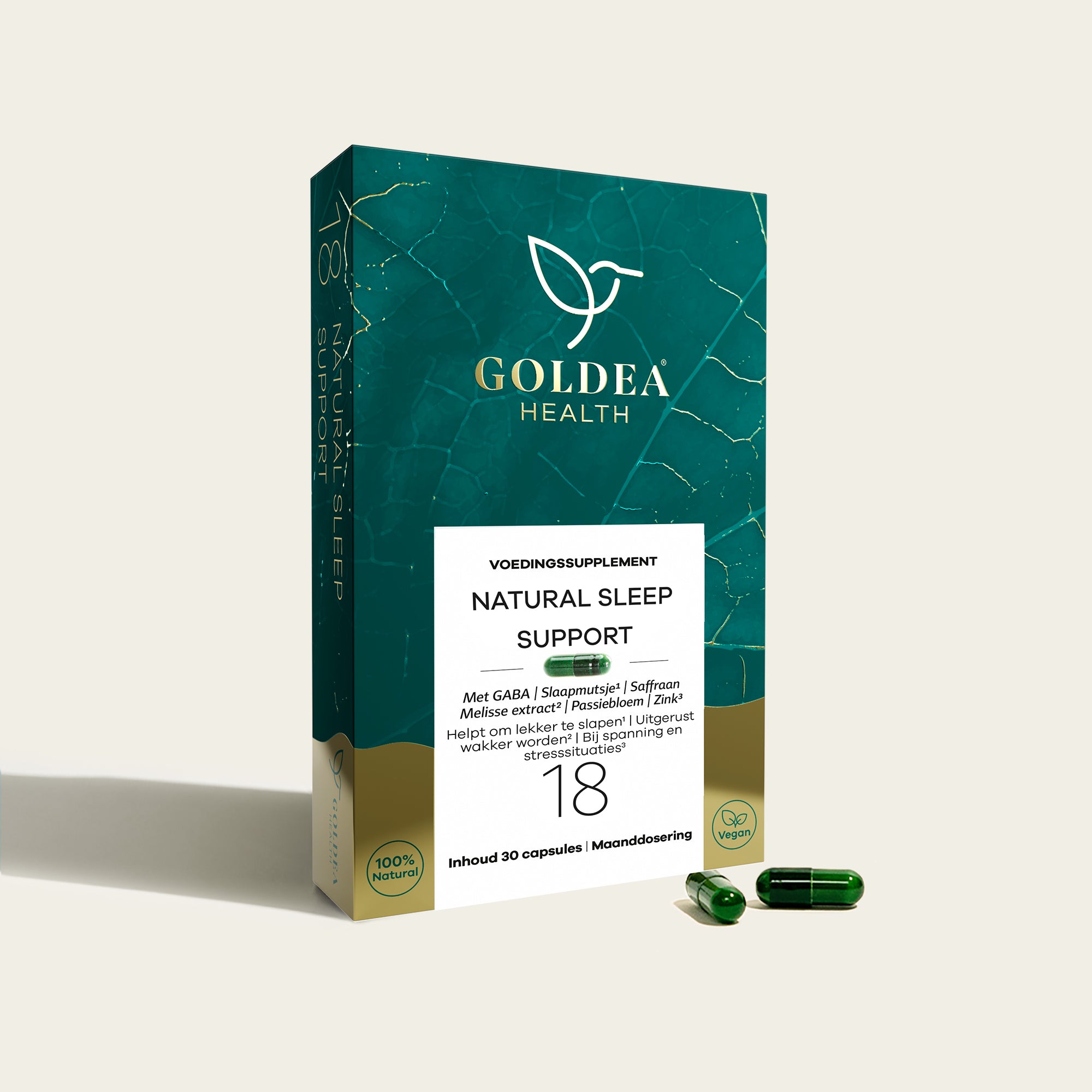
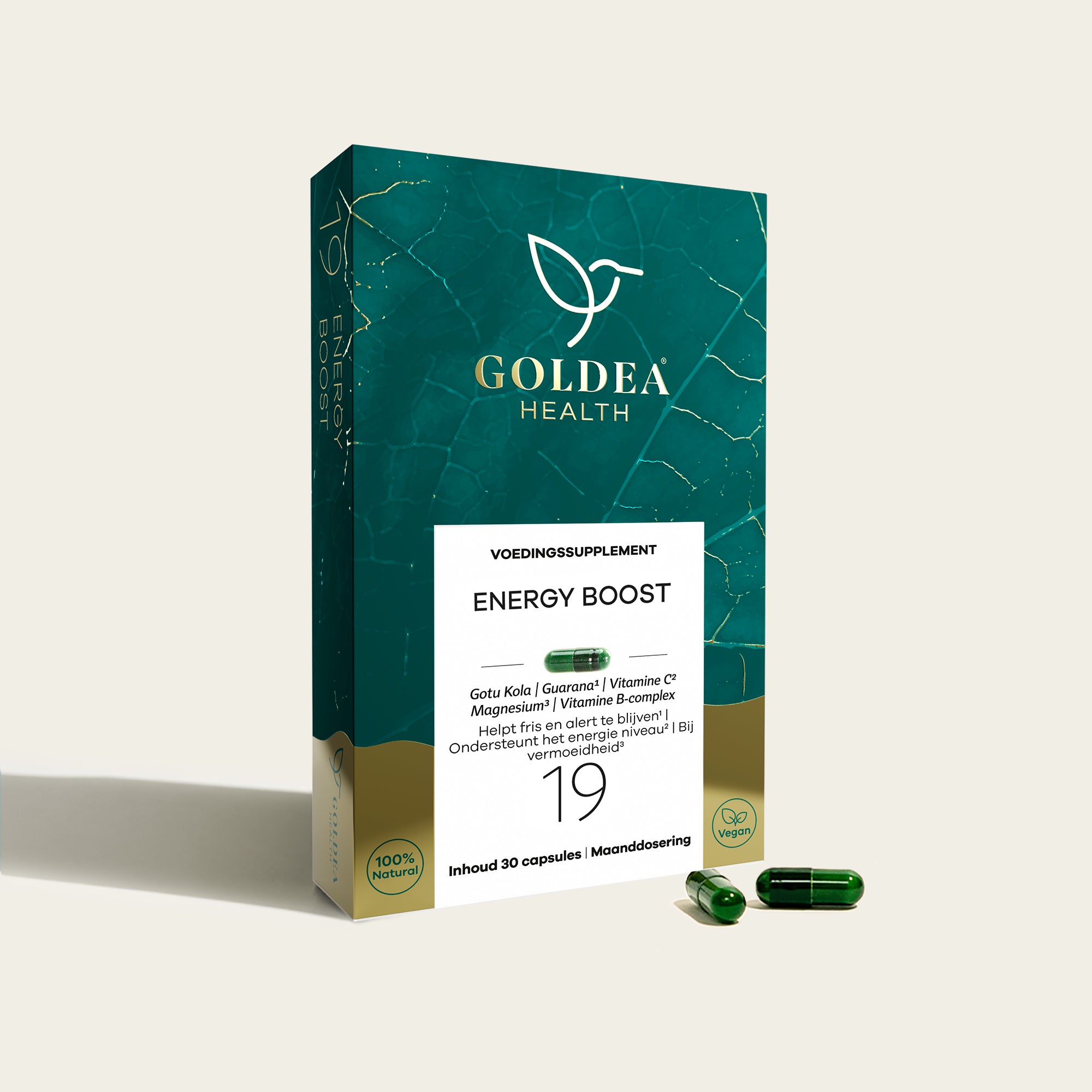
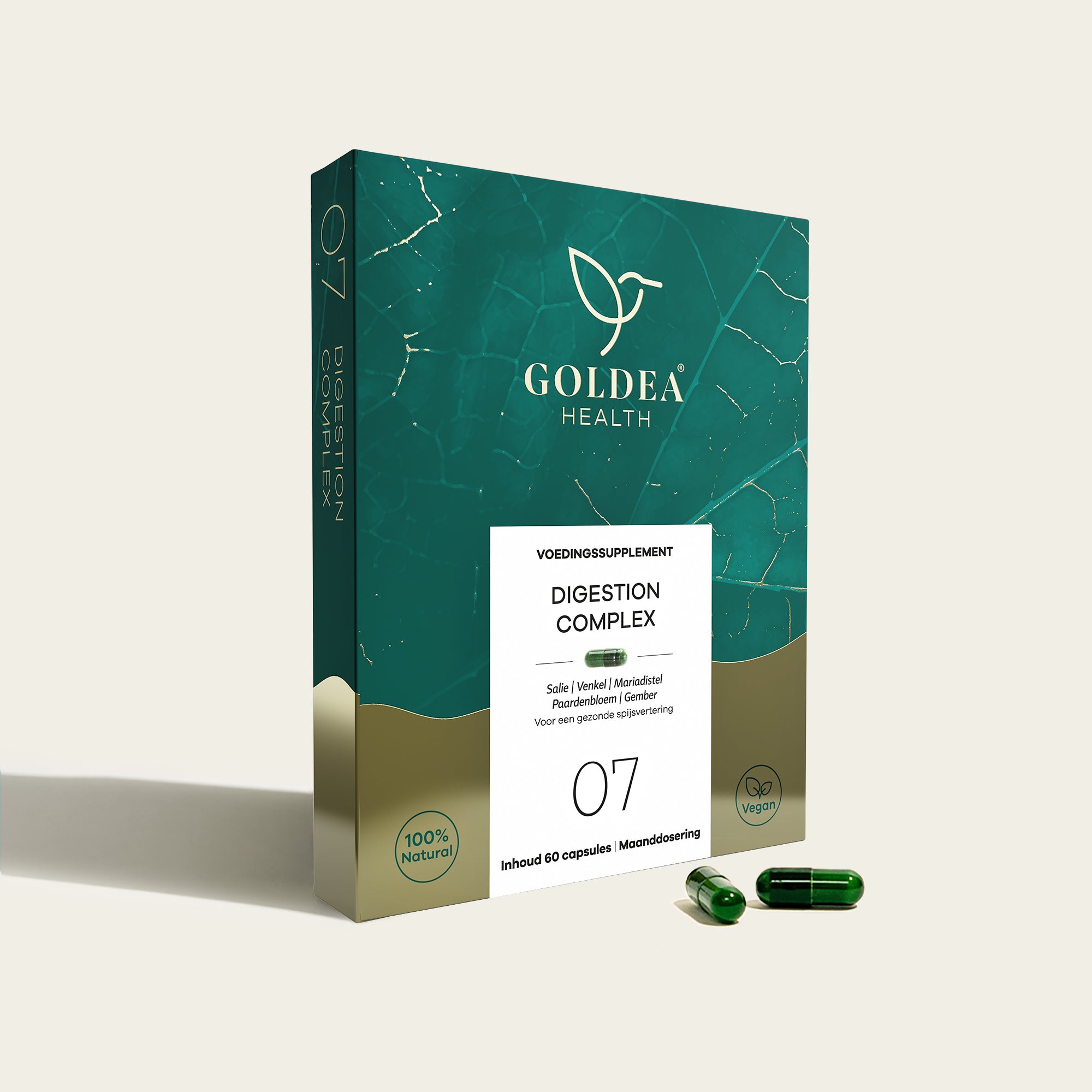
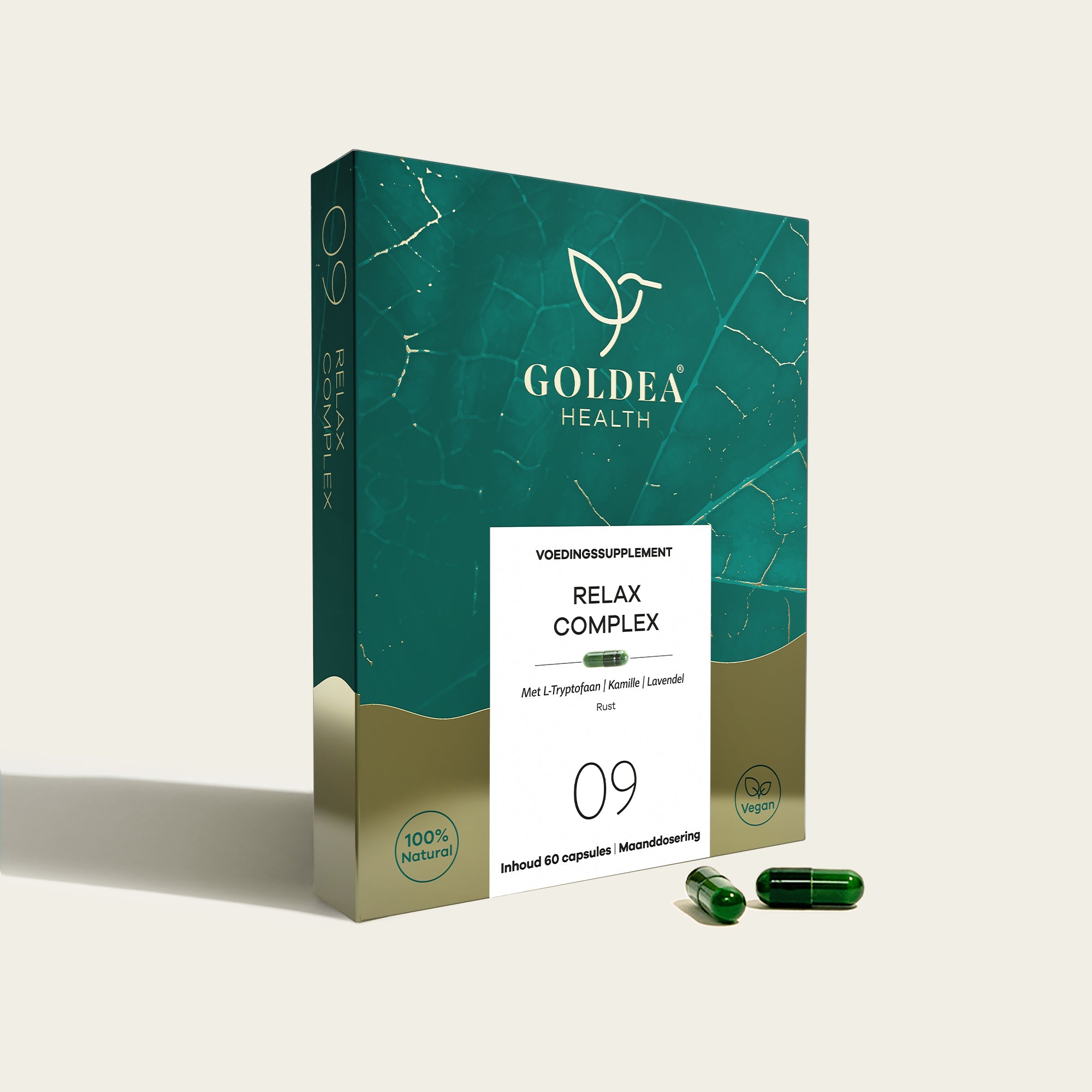
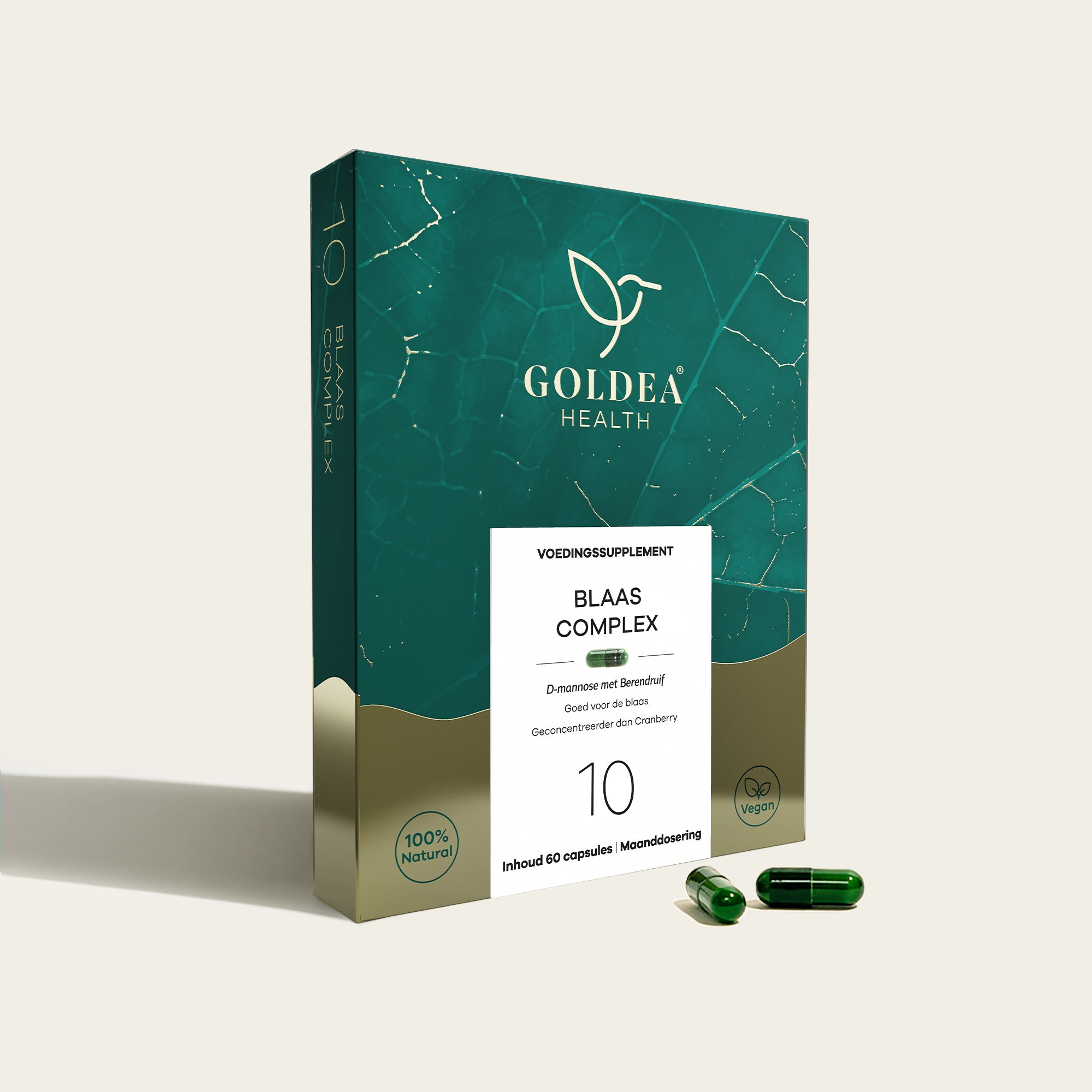
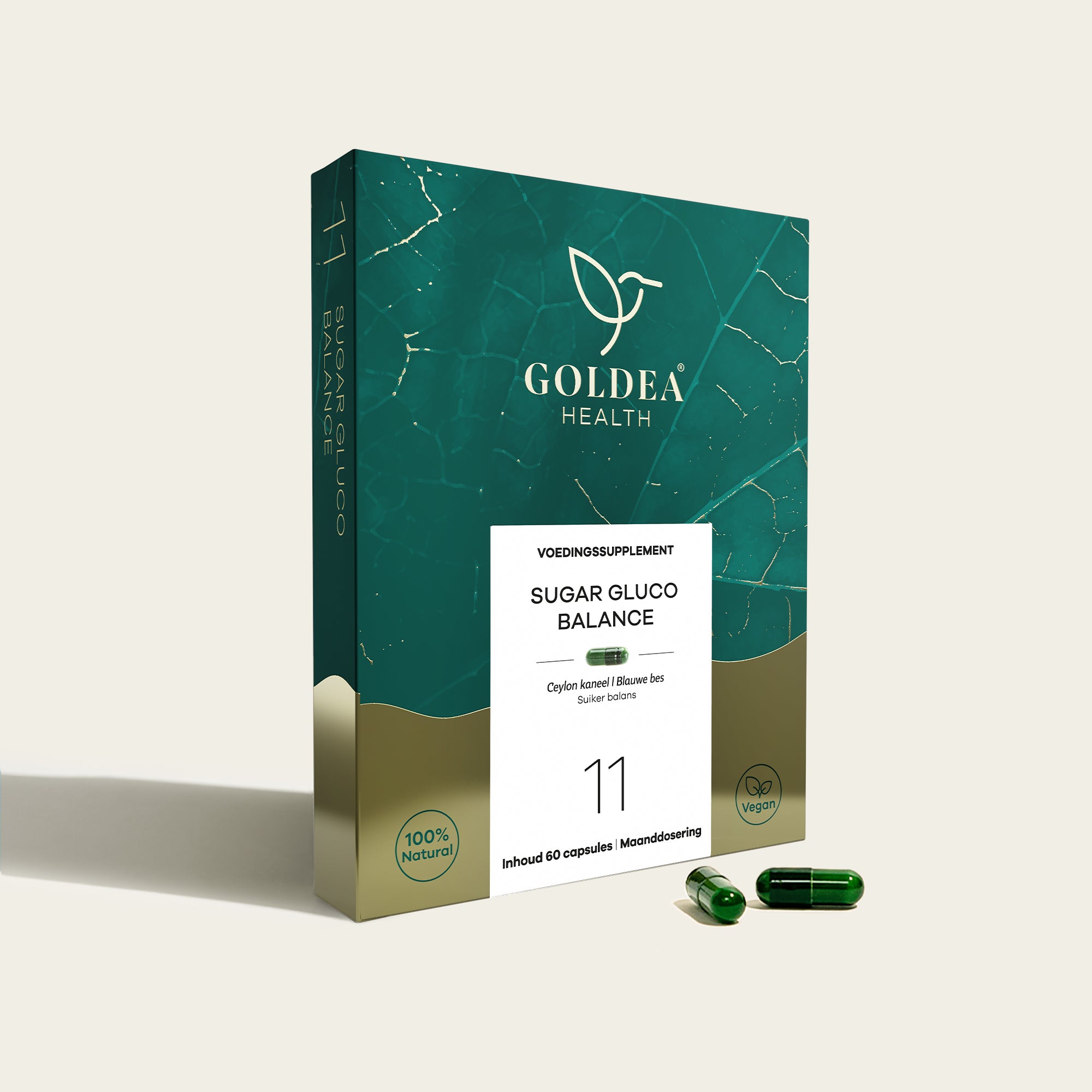
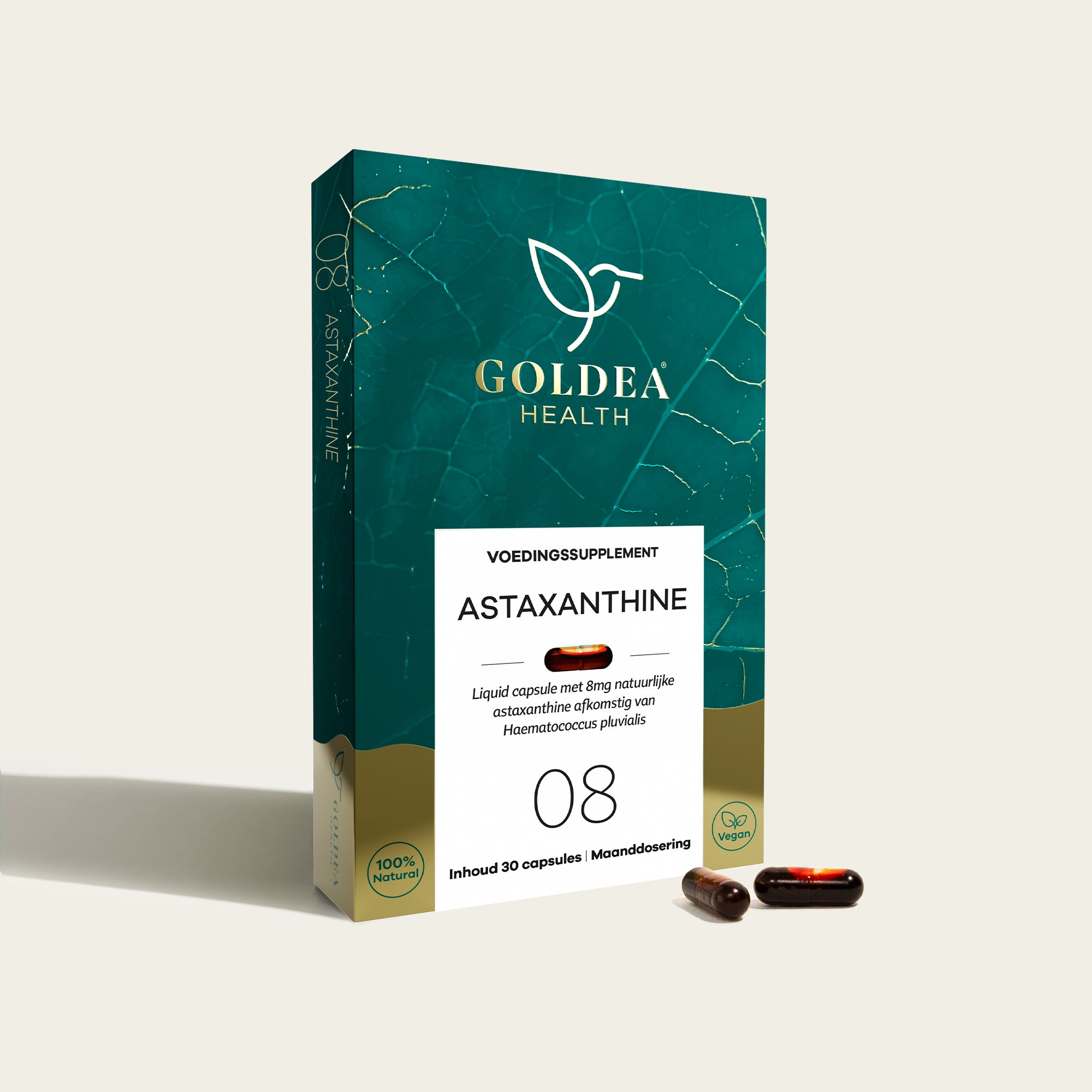





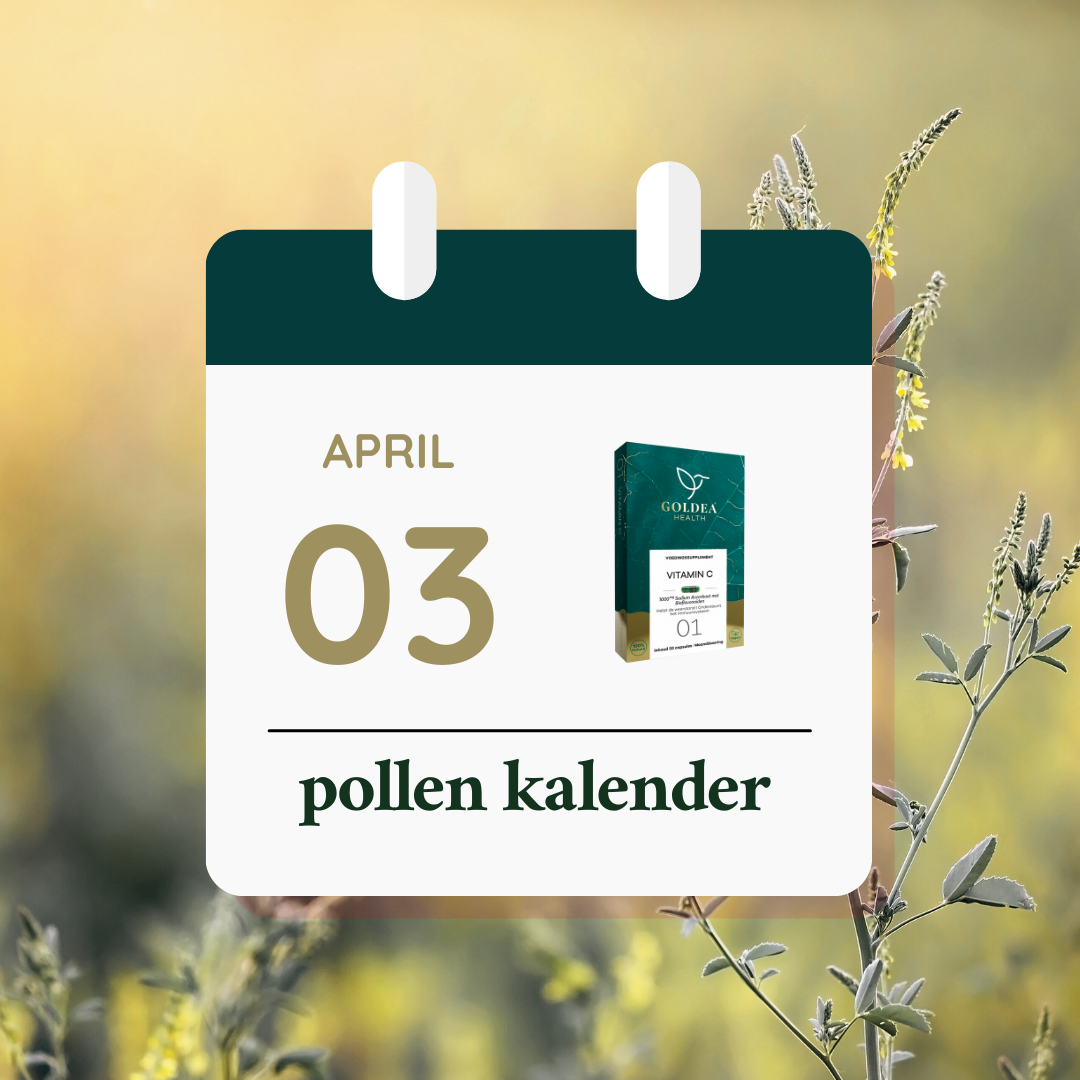








Delen:
Lijst van seizoensgroenten in de winter
Top 3 klachten van een man & het geheim van krachttraining